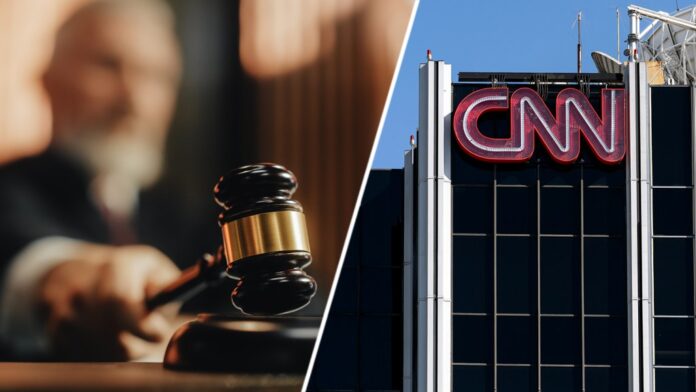“A Journalism Landmark: CNN Held Accountable for Damaging a Hero’s Reputation”
In a groundbreaking decision that’s sending shockwaves through the media world, a jury has found CNN liable for defaming a security consultant in a sensationalized report on the chaotic Afghan evacuations. The high-stakes verdict has handed the network a $5 million damages bill, a stark reminder that even the most powerful media giants are not above accountability.
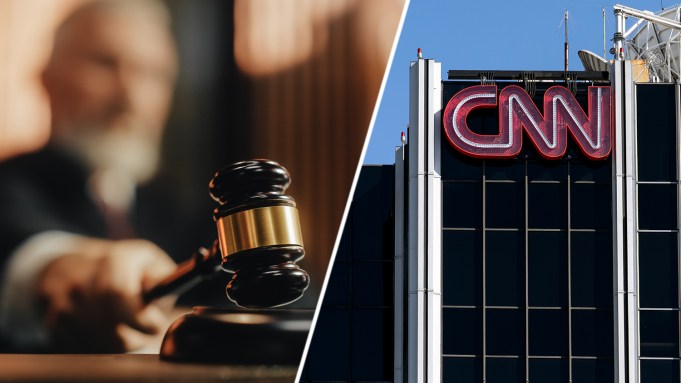
The case centers around a story that, while intended to expose alleged wrongdoing, ultimately exposed CNN to the very real consequences of reckless journalism. The security consultant, who had dedicated years to helping facilitate the evacuation of thousands of vulnerable individuals from Afghanistan, saw their reputation irreparably damaged by the network’s hasty and inaccurate reporting.
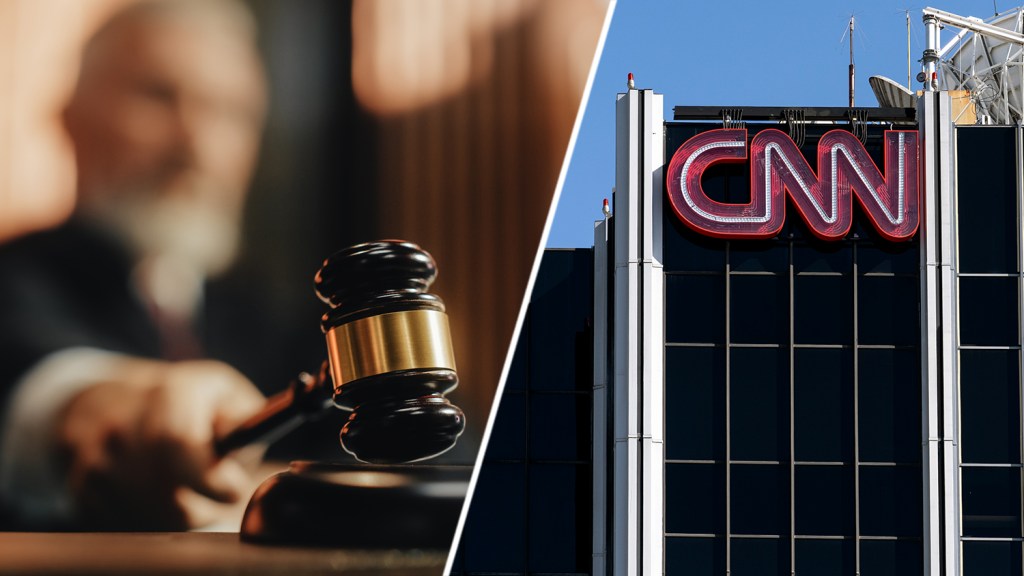
CNN Found Liable for Defaming Security Consultant
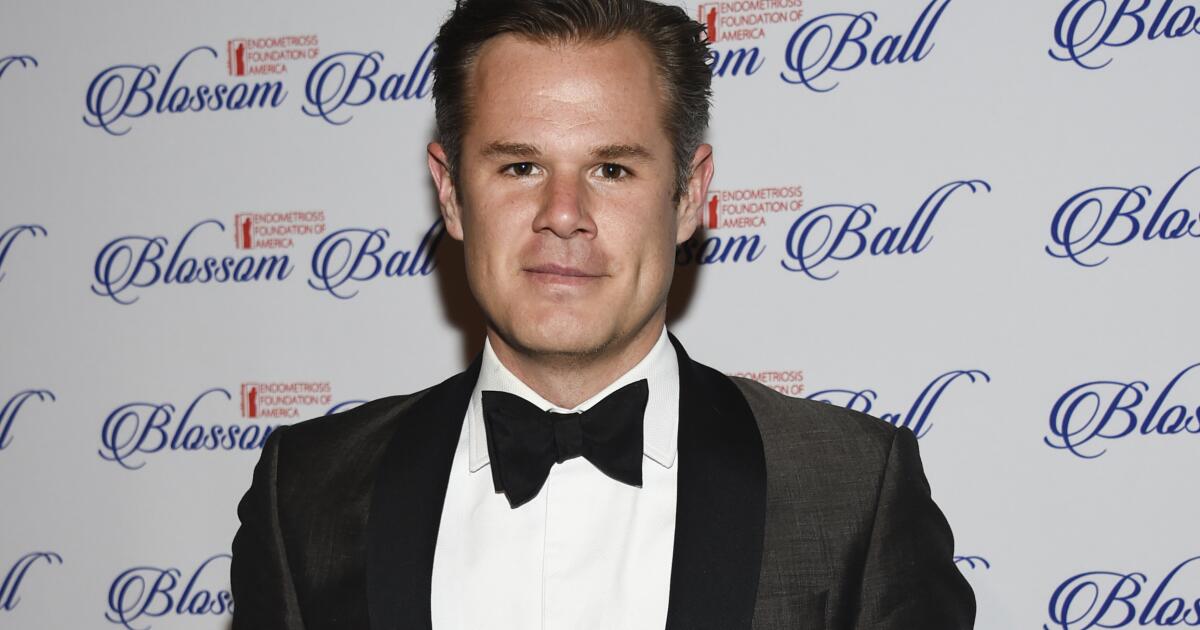
A Florida jury has found CNN liable for defaming Zachary Young, a security consultant who helped evacuate Afghans during the chaotic U.S. withdrawal in 2021. The jury awarded $5 million in compensatory damages to Young, a former Navy veteran and CIA operative.
The verdict is a significant blow to CNN, which has struggled with declining ratings and public distrust in recent years. The network’s defense team argued that the term “black market” used in the report was intended to reflect an “unregulated market” and not necessarily criminal activity. However, the jury disagreed and found that CNN’s report implied that Young’s activities were criminal.

The Defamatory Report: A Detailed Look
The CNN Segment: Context and Content
The CNN report in question was a five-minute segment by chief national security correspondent Alex Marquardt that first ran on “The Lead with Jake Tapper.” The report discussed the exorbitant fees being demanded on the black market to evacuate Afghans during the chaotic U.S. withdrawal.
The report included an on-screen banner that read “Afghans trying to flee Taliban face black markets, exorbitant fees, no guarantee of safety or success.” Young’s image appeared on screen with the chyron, which implied that his activity was criminal.
Young’s attorneys argued that the report cast him as an illicit profiteer, when in fact he only took on clients with corporate sponsors and never took money directly from Afghans.
Young’s Involvement in the Report
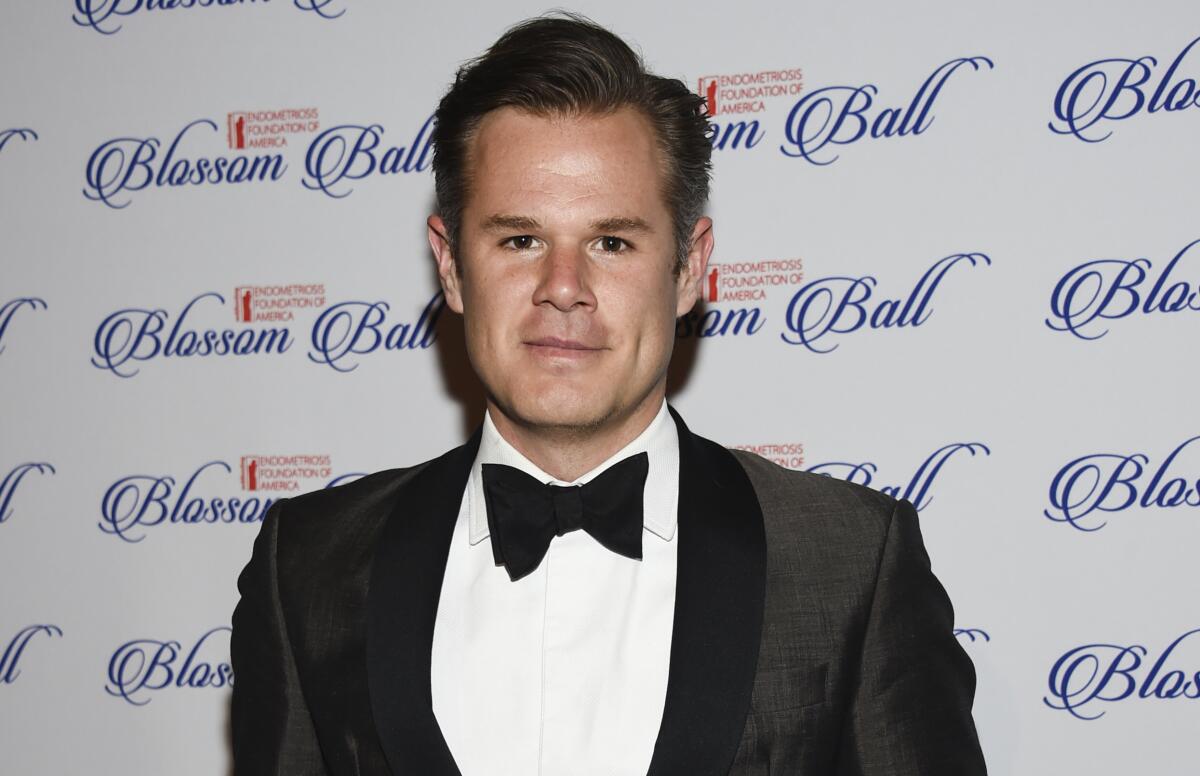
Young was a security consultant who helped evacuate Afghans during the chaotic U.S. withdrawal in 2021. He advertised his evacuation services on LinkedIn and worked with corporations and non-profits to fund evacuations.
Young’s suit claimed that his inclusion in the report implied that his activity was criminal, even though Marquardt’s segment made no such charge.
Young’s attorneys noted that the dictionary definition of black market says it’s illegal. They argued that CNN’s use of the term was reckless and defamatory, and that the network’s on-air apology was a lie.
The Chyron and Its Impact
The use of the term “black market” in the chyron had a significant impact on Young’s reputation. The report implied that his activity was criminal, which damaged his reputation and ability to earn a living.
Young’s attorneys argued that the report ruined his career and reputation. They said that the report caused severe emotional and psychological distress, and that Young’s annual income from $350,000 to zero.
The Trial and Its Outcome
The Jury’s Verdict: Liable for Defamation
The Florida jury found CNN liable for defaming Young. The jury awarded $4 million in damages related to Young’s loss of earning potential and another $1 million for pain and suffering.
The verdict is a significant blow to CNN, which has struggled with declining ratings and public distrust in recent years.
Punitive Damages and the Settlement
The jury’s consideration of punitive damages raised the prospect of the network having to pay out a much larger sum. However, CNN attorneys reached an undisclosed settlement with Young before the jury could deliberate on punitive damages.
The settlement means that CNN will not have to pay out punitive damages, but the network still faces the prospect of a significant financial loss.
CNN’s Response and Apology
CNN aired an apology for the report, in which the anchor told viewers that “the use of the term ‘black market’ in the story was in error.” The network said that it “regretted the error” and apologized to Young.
However, Young’s attorneys argued that the apology was a lie, and that every single CNN employee who testified in the trial said that they thought “black market” was accurate.
Analysis and Implications
The Impact on CNN and the News Media
The verdict and settlement are a significant blow to CNN, which has struggled with declining ratings and public distrust in recent years.
The verdict highlights the importance of accuracy and fairness in reporting. It also underscores the need for journalists to be more careful in their use of language and to consider the potential impact of their reporting on individuals.
The Verdict’s Effect on Defamation Cases
The verdict could encourage others who feel aggrieved by news organizations to move forward with defamation cases, especially if they can be heard in venues with potentially sympathetic juries.
The verdict also highlights the importance of context and intent in defamation claims. It underscores the need for journalists to be more mindful of their words and actions, and to consider the potential impact of their reporting on individuals.
Lessons Learned and Future Reporting
The verdict and settlement offer several lessons for news organizations and journalists.
First, the importance of accuracy and fairness in reporting cannot be overstated. Journalists must be careful in their use of language and consider the potential impact of their reporting on individuals.
Second, the verdict highlights the need for journalists to be more mindful of their words and actions. They must consider the potential impact of their reporting on individuals and be more careful in their use of language.
Practical Considerations for News Organizations
Best Practices for Journalists
Journalists must be careful in their use of language and consider the potential impact of their reporting on individuals.
They must also be mindful of the context in which they are reporting and consider the potential impact of their words on individuals.
Finally, journalists must be more careful in their use of language and consider the potential impact of their reporting on individuals.
The Role of Context in Defamation Cases
Context is crucial in defamation cases. Journalists must consider the context in which they are reporting and be more careful in their use of language.
They must also consider the potential impact of their reporting on individuals and be more mindful of their words and actions.
Lessons Learned and Future Reporting
The verdict and settlement offer several lessons for news organizations and journalists.
First, the importance of accuracy and fairness in reporting cannot be overstated. Journalists must be careful in their use of language and consider the potential impact of their reporting on individuals.
Second, the verdict highlights the need for journalists to be more mindful of their words and actions. They must consider the potential impact of their reporting on individuals and be more careful in their use of language.
Conclusion
Conclusion: A Landmark Victory for Journalistic Accountability
In a remarkable turn of events, a jury has ruled that CNN is liable for defaming a security consultant in a story about Afghan evacuations, awarding a staggering $5 million in damages. This groundbreaking verdict marks a significant milestone in the pursuit of journalistic accountability and serves as a stark reminder of the consequences of reckless reporting. As we dissect the key points and main arguments presented in this case, it becomes clear that CNN’s actions not only compromised the consultant’s reputation but also undermined the public’s trust in the media.
The implications of this verdict are far-reaching, compelling news organizations to reexamine their reporting practices and prioritize fact-checking and verification. This case highlights the need for journalists to be vigilant in their pursuit of the truth, avoiding sensationalism and speculation that can lead to damaging misinformation. Moreover, this ruling underscores the importance of protecting individuals’ reputations and holding media outlets accountable for their actions. As the journalism landscape continues to evolve, it is crucial that we prioritize accuracy, fairness, and accountability.

